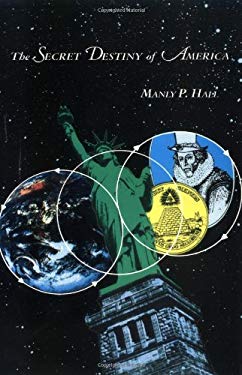According to the 5-3-14 edition of the
L.A. Times, writer/artist/editor Al Feldstein passed away on the 29th of April. I once heard novelist James P. Blaylock say that the 1960s revolution was brought about by two main cultural influences: Bob Dylan and
Mad Magazine. If this is so, then much of the credit (or blame, depending on your point of view) for the blossoming of the 1960s counterculture can be laid at the feet of Feldstein, who was the editor of
Mad Magazine from 1956 to 1985.
Perhaps even more significantly, however, Feldstein was the writer and artist of the most infamous EC horror comics of the 1950s, such as those that appeared in the pages of
Tales from the Crypt,
The Vault of Horror,
Shock SuspenStories and
Weird Science. The impact of these comics on American pop culture cannot be overstated. I recently finished writing an article ("Attack of the Poisonous Mushroom Growth!: Horror Comics of the 1940s and '50s, Political Propaganda, and the Simple Art of Distraction"), forthcoming in the pages of
Fortean Times, that examines the enduring effect of these comic books on American society. Not only did Feldstein's stories outrage conservative parents, psychiatrists, government bureaucrats, U.S. Congressmen and the like, but they also influenced such future writers, artists, filmmakers and musicians as Stephen King, Steven Spielberg, George Lucas, John Carpenter, Art Spiegelman, Lou Reed, The Ramones, etc.
Only a few months after William S. Burroughs published his groundbreaking novel,
Junkie: Confessions of an Unredeemed Drug Addict (Ace Books, 1953), a book that few children would have had the opportunity to even see much less read, Feldstein was exposing outrageous images like this to innocent, prepubescent moppets searching the local drugstore comic book spin racks for the latest issue of
Superman or
Little Lulu:
Not unlike William Burroughs, Al Feldstein played a huge role in blowing the lid off the toilet of the terminally uptight 1950s.
In September of 2013, Fantagraphics published a collection of Feldstein's EC comics entitled CHILDREN OF TOMORROW AND OTHER STORIES. You can purchase a copy
HERE.
To read the complete
L.A. Times obituary for Al Feldstein, click
HERE.

